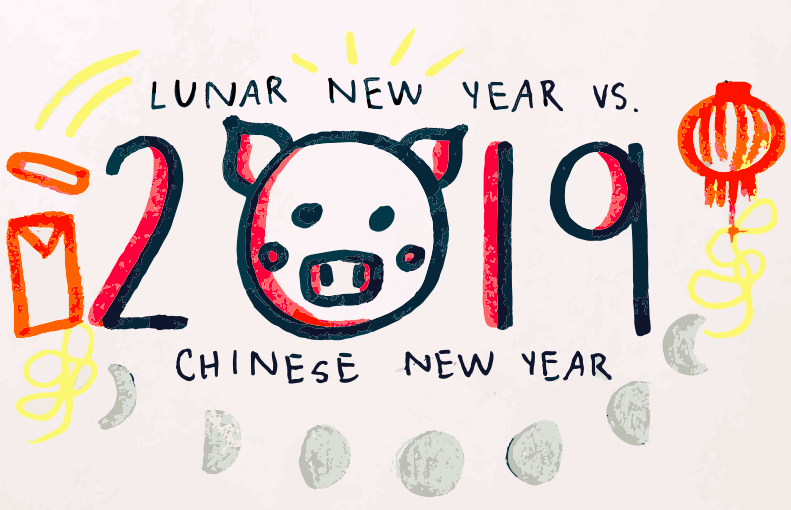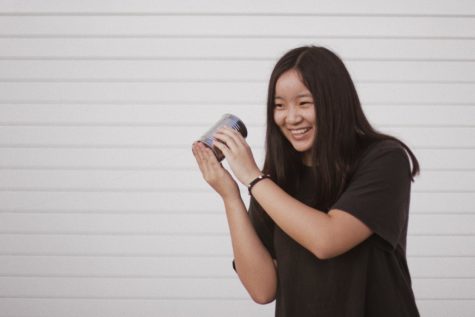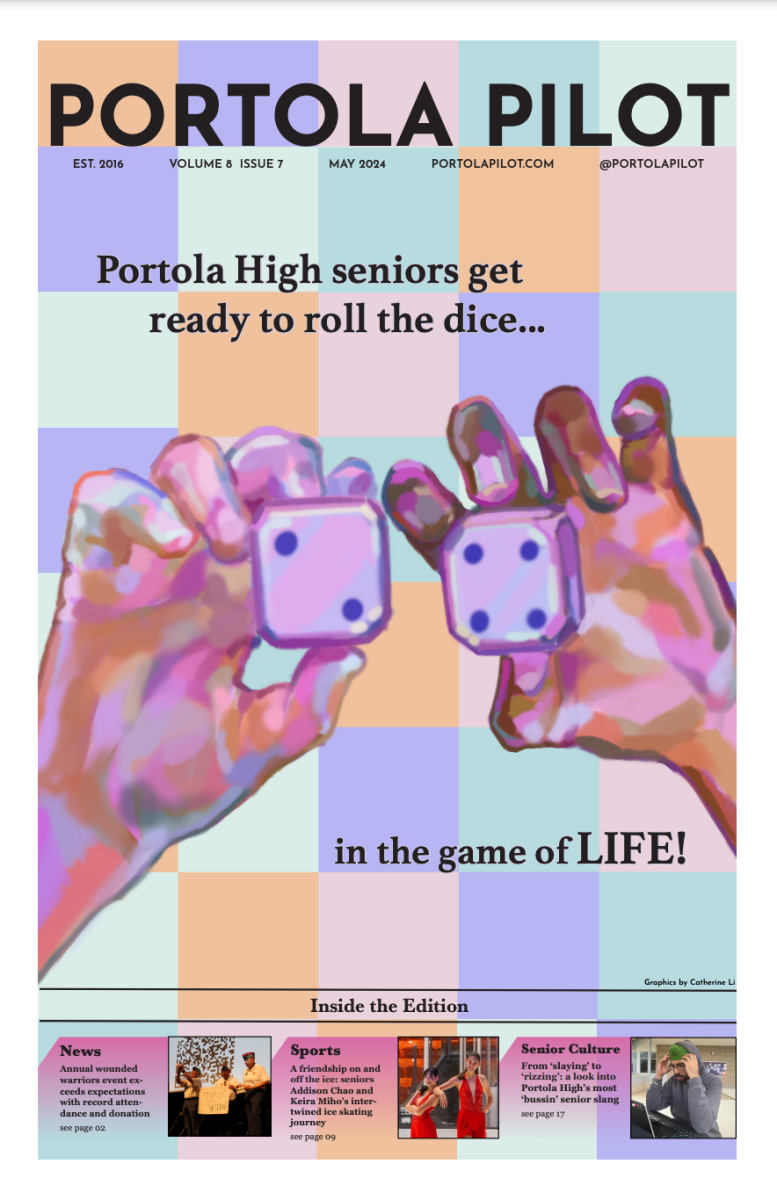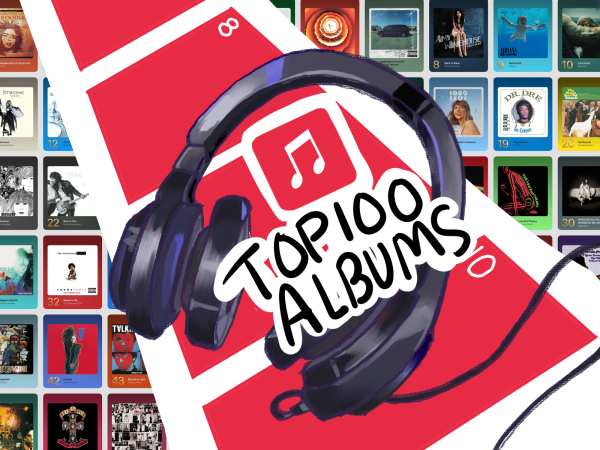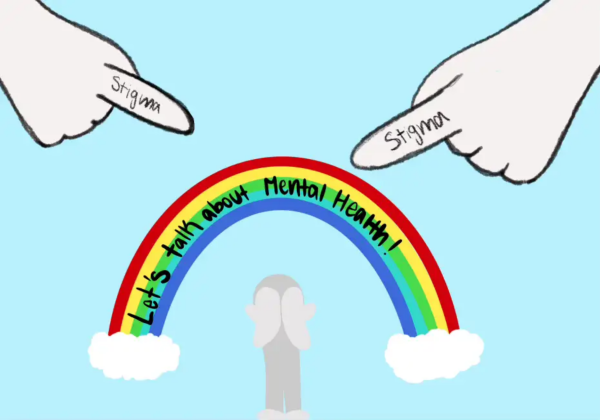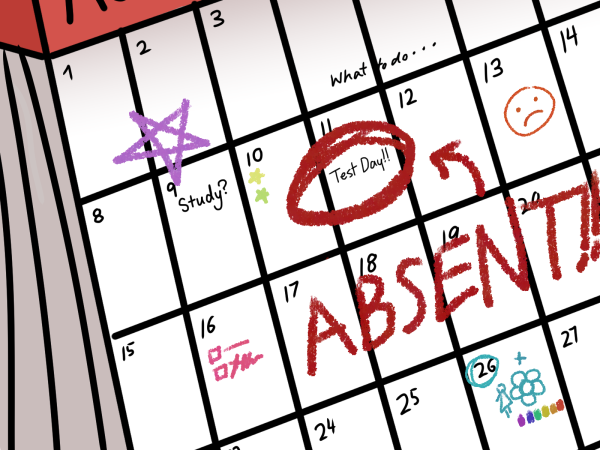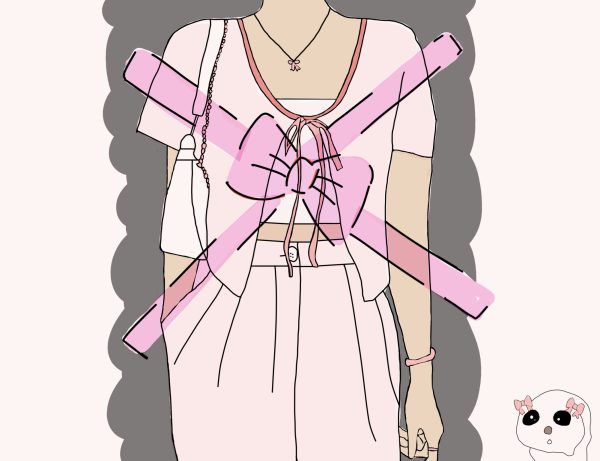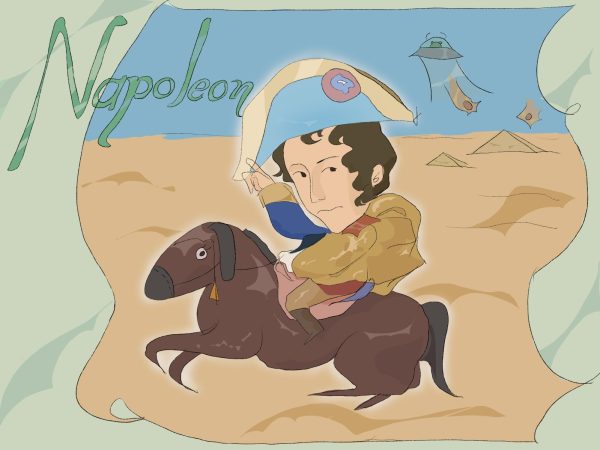Ringing in the New Year’s Name
February 13, 2019
Until the first full moon of the new year, dozens of Asian countries and its citizens at home and abroad celebrate a 15-day event collectively known as Lunar or Chinese New Year. Known most commonly in the West as the latter, some, especially those of non-Chinese descent living abroad, feel excluded from the festivities and prefer the name Lunar New Year.
Chinese New Year implies that celebrations are solely in China and no other Asian countries, which is incorrect because at least eight other Asian countries observe Lunar New Year, according to the Huffington Post. The Korean and Vietnamese festivals are the largest subsequent celebrations and depend on the countries’ specific lunar calendars.
The new year’s name alluding only to Chinese celebrants is not offensive to some, but the blanket term removes a large portion of Asians from representation in their own cultures.
“They feel excluded if they celebrate a holiday, but we call it Chinese New Year,” Chinese teacher Peggy Chu Ammermann said. “Such as Korean and Vietnamese, they have their special terms. But for English speakers, we say Chinese New Year.”
Before adopting the Western Gregorian calendar used by most nations today, China used a variant of the lunisolar calendar based on measurements of the moon phases and the sun’s position in the sky, according to South China Morning Post. Until the 20th century, China used the lunar calendar because the imperial emperor was believed to control time.
Other Asian countries have some traditions that are influenced by Chinese New Year, but ultimately the binding tradition is using the same calendar. On lunar calendars bought in Asia, there is small print to tell what day it is on the lunar calendar, so Asians can track it alongside the western Gregorian calendar.
Although most southeast Asian countries celebrate the new year, Chinese traditions, decorations and customs are what come to mind first because of how culturally dominant China is. Without calling Lunar New Year by its more inclusive name, those who do not celebrate Lunar New Year would not experience the multicultural holiday.
“I’ve been growing up saying Chinese New Year, but we have Koreans and Vietnamese celebrate the new year too,” Ammermann said. “It’s big, so if we say Lunar Chinese New Year, I think we can include everybody.”



